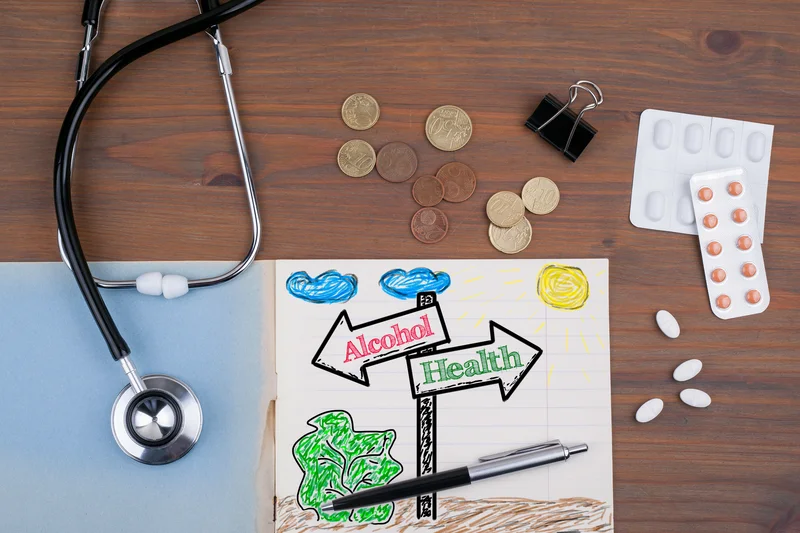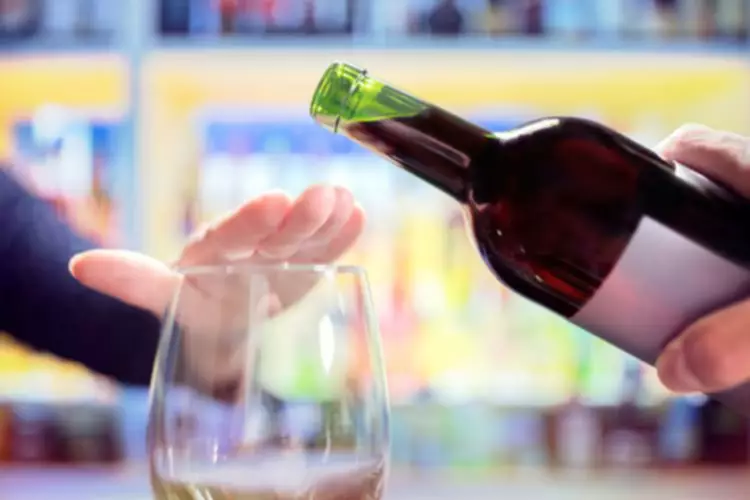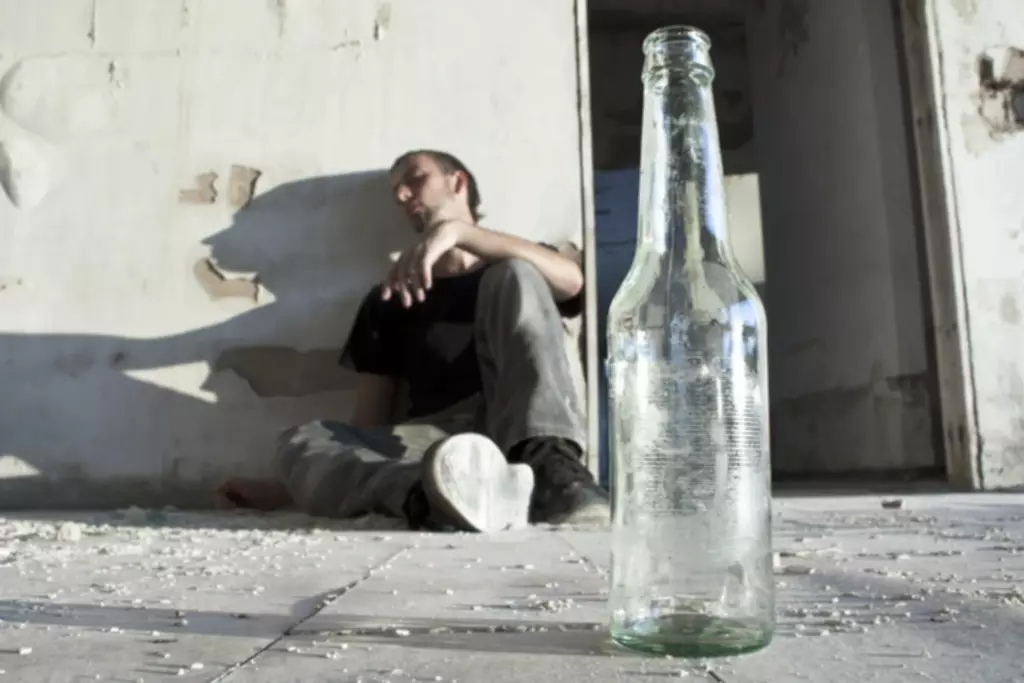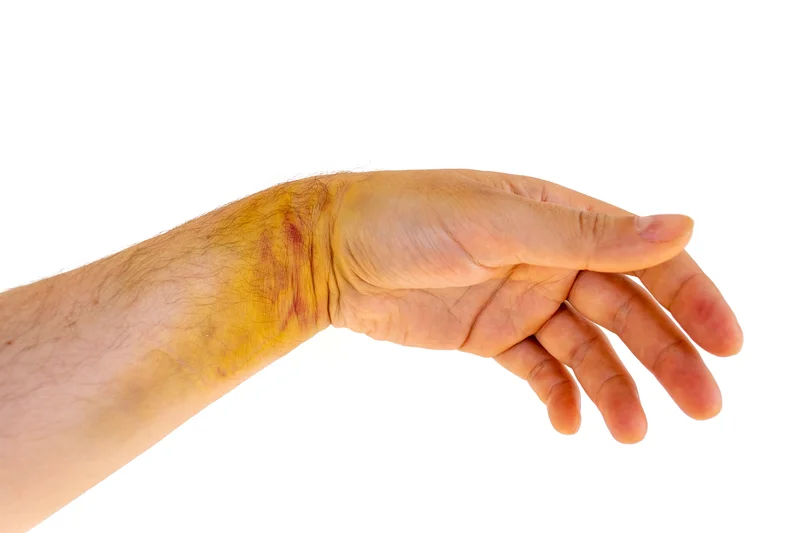
This involves being mindful of one’s surroundings and understanding how different elements in the environment might affect their state of mind and emotional balance. Internal triggers, on the other hand, are related to emotions or thought processes that may trigger a craving for drugs or alcohol, such as stress, anxiety, and depression. If you are starting to consider relapse, you may find that you are exposing yourself to possible triggers, even subconsciously. If you find yourself in high risk situations that could trigger a relapse, you should immediately reach out to someone that you can trust and who is supportive of your recovery.
- Understanding how these triggers affect you is vital to avoid potential relapse.
- Developing healthy coping strategies and seeking support from loved ones and professionals can help individuals manage triggers.
Managing Internal Triggers
Showing top 8 worksheets in the category – Triggers Internal And External. Interactive tools work better when you add Therapist Aid to your device. Find answers to common questions and learn how to get the most out of your membership.
Alcohol Use Disorder

Contact AToN Center today to learn more about our luxury non-12-step rehab in San Diego and how we can help you or your loved one find lasting sobriety. Our personalized approach focuses on empowering individuals to recognize and manage their triggers effectively. One of the most critical aspects of maintaining sobriety is recognizing and managing triggers. Mental relapse, or relapse justification, is the continuous fight between wanting to use and knowing you should not amphetamine addiction treatment use.

Stress Increases Vulnerability to Triggers and Relapse
During recovery, each person will encounter triggers that could result in relapse. Knowing and understanding how triggers work and being aware of your personal triggers are critical aspects of safeguarding your recovery. The solution to managing difficult situations is learning how to confront them without drugs and alcohol.

- For individuals in recovery, navigating through complex and challenging emotions is a significant part of their journey.
- If you are in a self-help program, ask for help in a meeting or with a confidant.
- Therefore, providing emotional tools to manage high-risk situations is essential in preventing relapse.
- Internal triggers are emotions, feelings, thoughts, and memories that make a person want to use drugs or alcohol.
Recognize that these friendships are harmful to you and be sure to cut the friendship off completely; a half-way ending to a bad friendship will be much less likely to succeed. The earlier people in recovery can identify and successfully respond to triggers, the greater their chances of prolonged abstinence. Physical relapses are one of the most challenging stages of relapse to overcome. In many cases, users cave to drug use during a window of opportunity and falsely believe internal triggers it will cause no harm. Researchers deduced that the amygdala played an important role in producing focused and exclusive desire, similar to drug addiction.
People Trigger Relapse
While triggers do not force a person to use drugs, they increase the likelihood of drug use. The National Institute on Drug Abuse (NIDA) reports that 40 to 60 percent of people treated for substance use disorders relapse. The Massachusetts Center for Addiction offers comprehensive addiction and mental health treatment programs that blend evidence-based therapies with personalized care. Our drug and alcohol rehab programs and mental health rehab services are tailored to each individual’s specific needs.
A study from Marquette University pointed out that stress rendered people in recovery more vulnerable to other relapse triggers. Researchers followed the cocaine use patterns of stressed and unstressed rats and used a low dose of cocaine as a trigger. The stressed rats’ responses to the trigger mirrored those of people during relapse. Friends and https://ecosoberhouse.com/ family may not understand the consequences of negative behaviors toward people in recovery. These behaviors can make the individuals feel alienated and push them toward substance use.

Internal Drug And Alcohol Relapse Triggers
The researchers also discovered that the rats were inclined to work harder to obtain the reward that triggered the amygdala than the same reward that did not trigger any emotion in the brain. A person can find alternative routes to avoid high-risk places, such as places where they used to meet their dealers or bars where they used to binge drink. Uplift Recovery Center provides you with recovery in a loving, professional environment. Displaying top 8 worksheets found for – Triggers Internal And External.
- Relapse triggers are far more extreme for recovering addicts in the early recovery months of addiction treatment.
- Recognize that these friendships are harmful to you and be sure to cut the friendship off completely; a half-way ending to a bad friendship will be much less likely to succeed.
- The National Institute on Drug Abuse (NIDA) reports that 40 to 60 percent of people treated for substance use disorders relapse.
- They are external factors or situations that remind one of past behaviors.
There are two main types of triggers that can start someone towards the path of relapse. One of the biggest risks during drug recovery is that someone who is recovering from using a substance willrelapseand begin taking that substance again. To avoid relapse, it is important to understand the risk factors and causes that typically lead to relapse. Understanding these risk factors will help you to avoid the potential risk of relapse during or following recovery. Recovering individuals can carry out personal exercises where they make a list of the people, places and things that remind them of their substance-using life. Asking certain questions about external triggers can help prevent relapse.